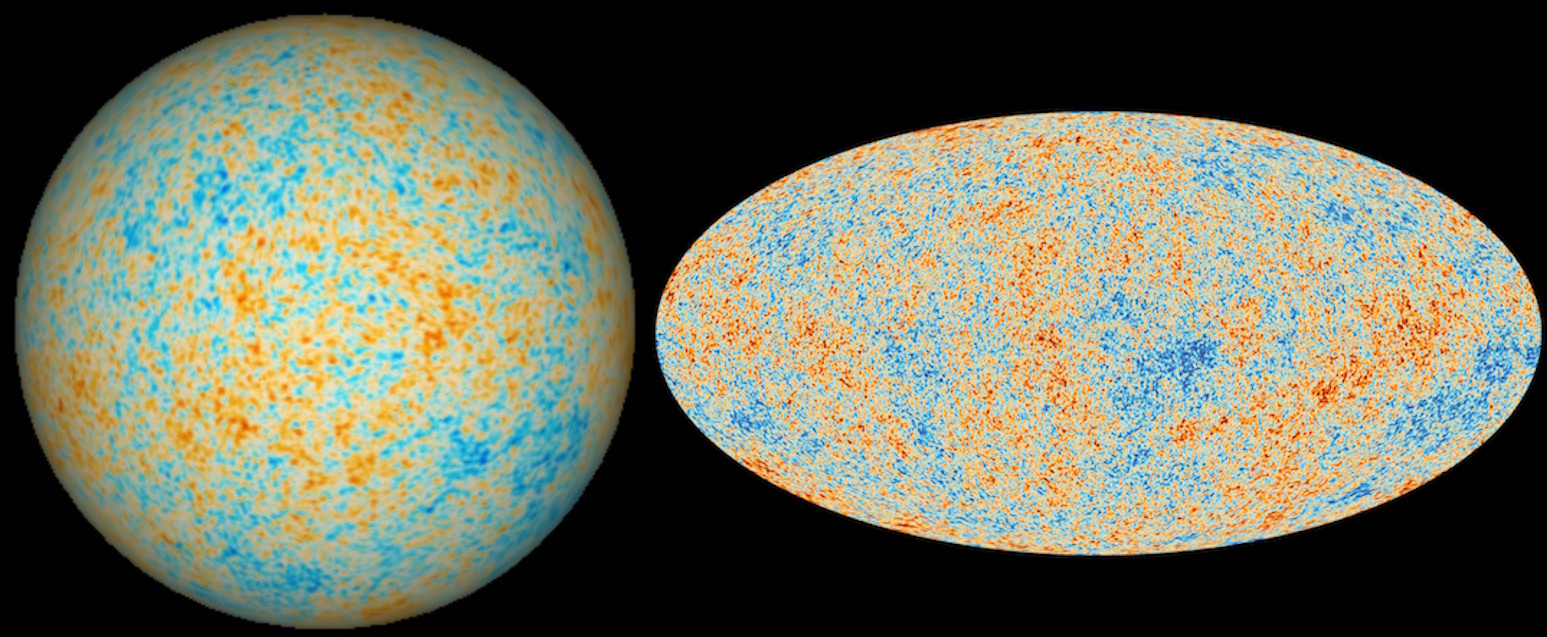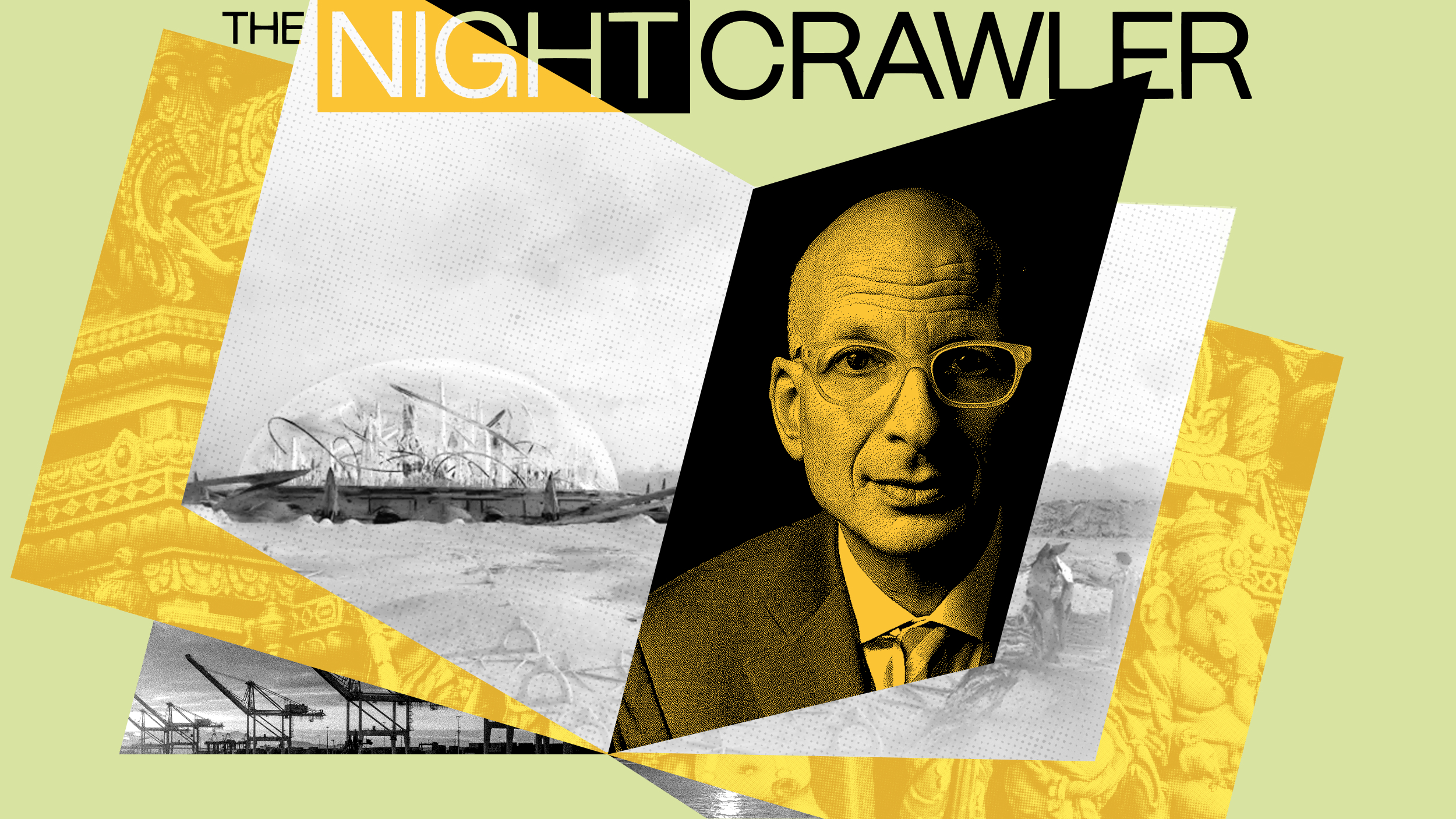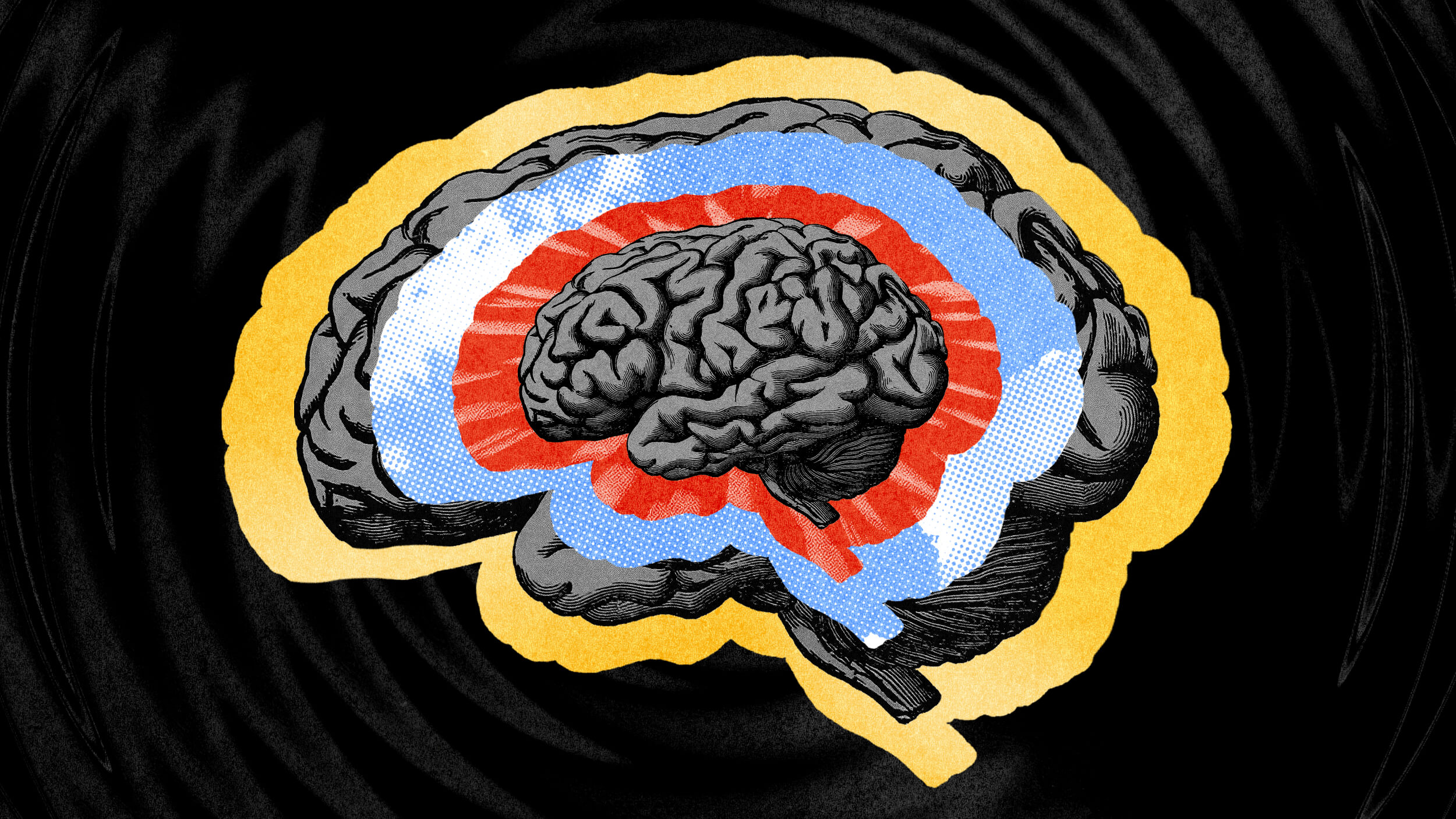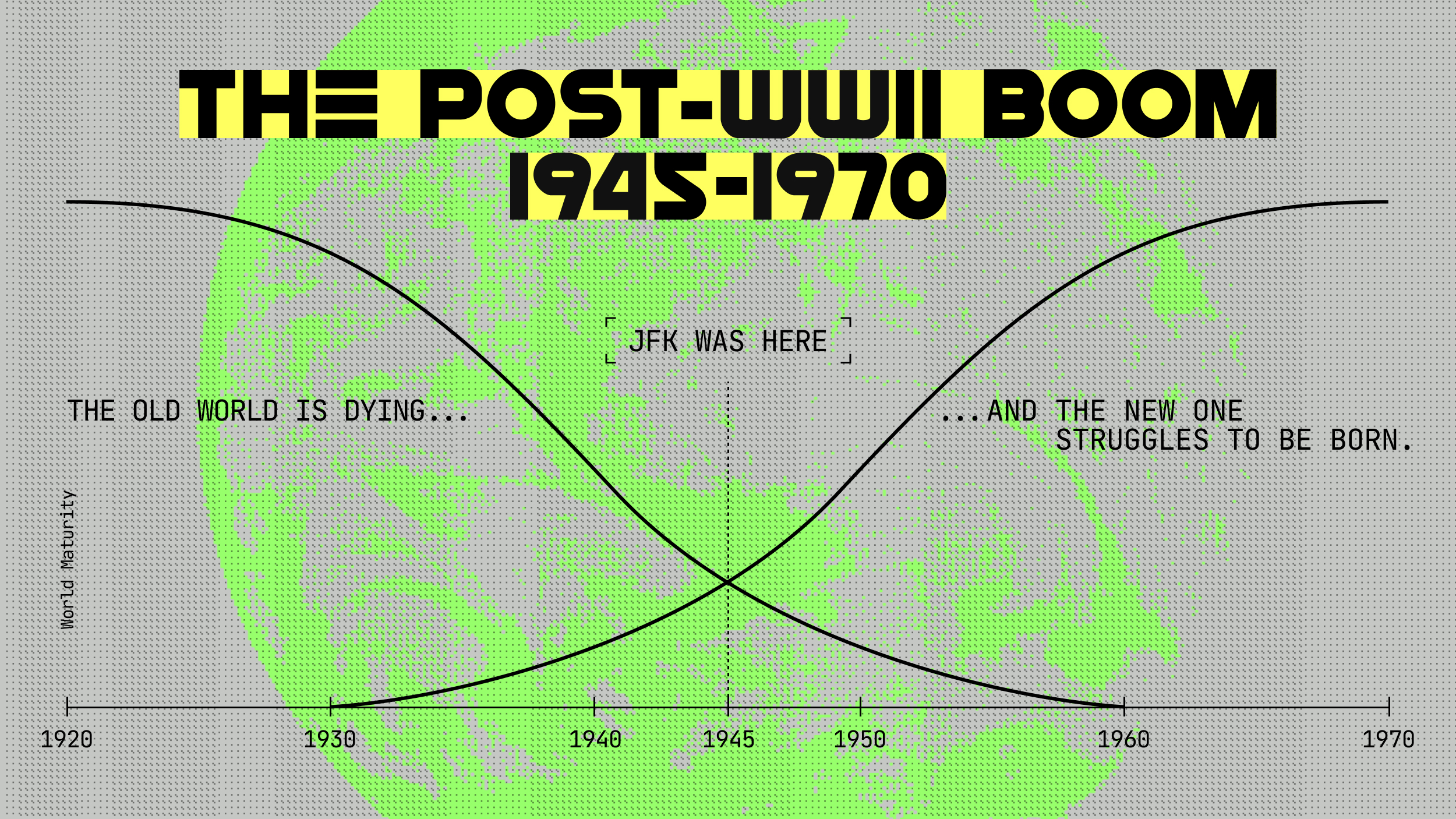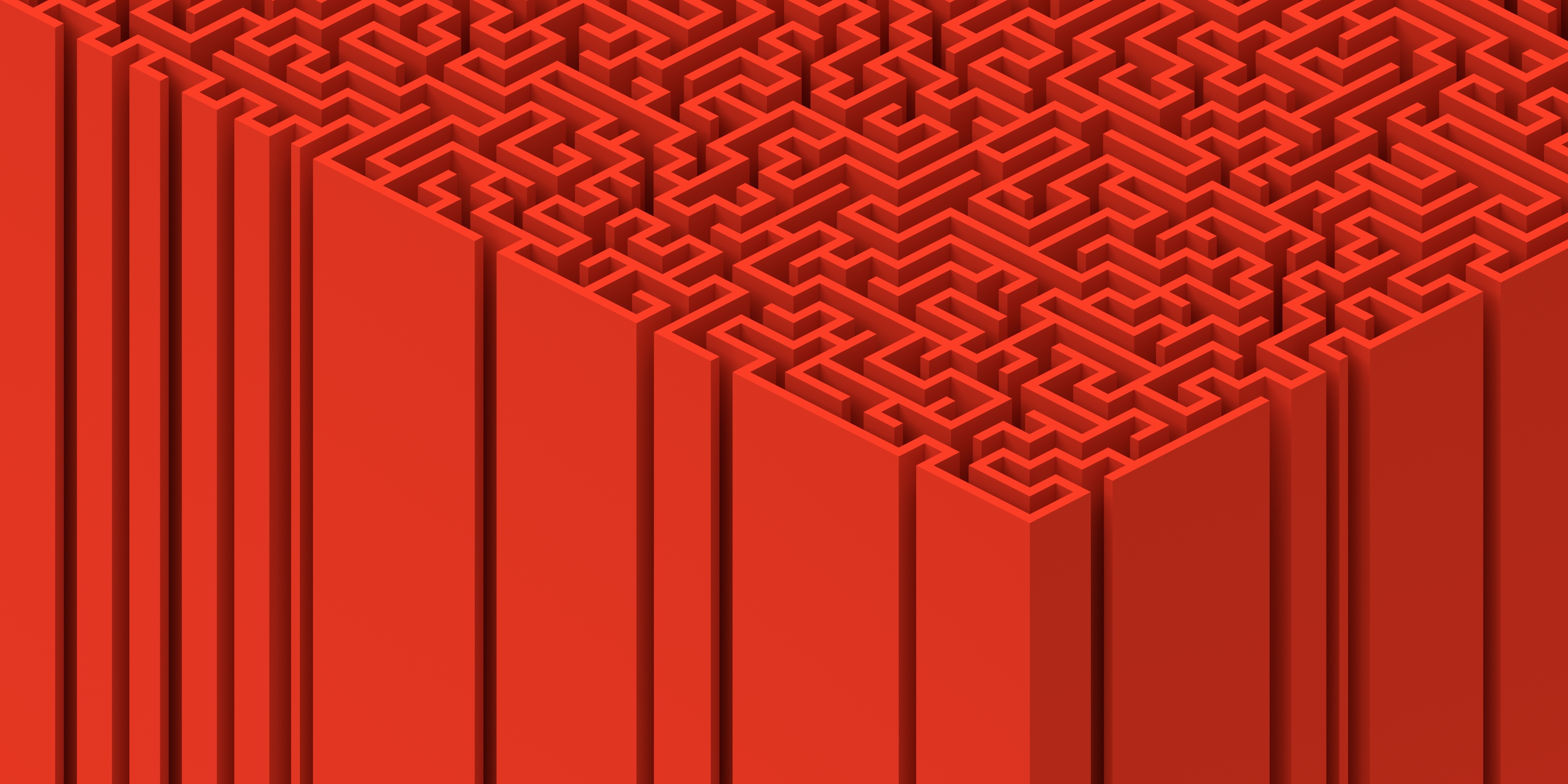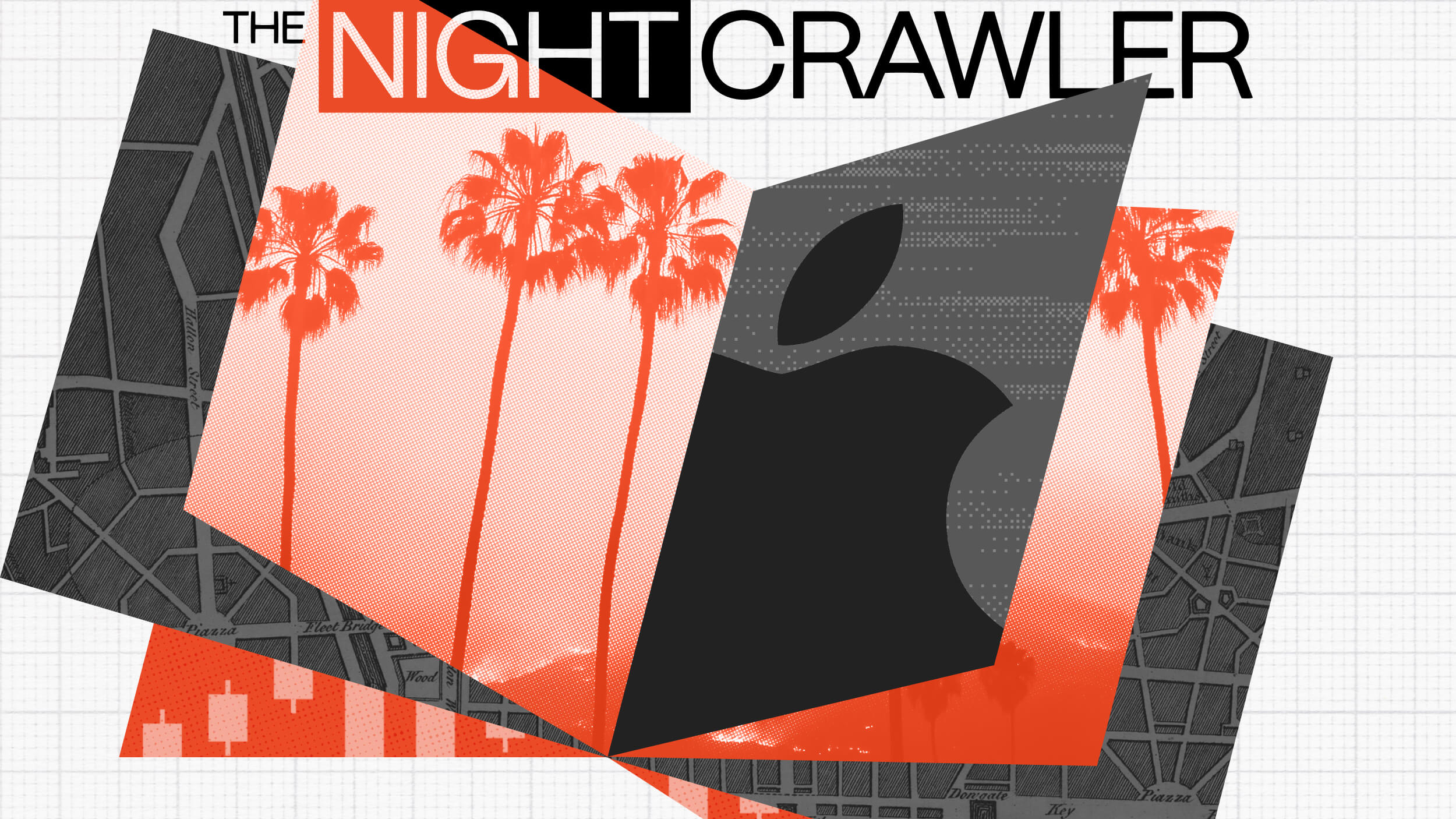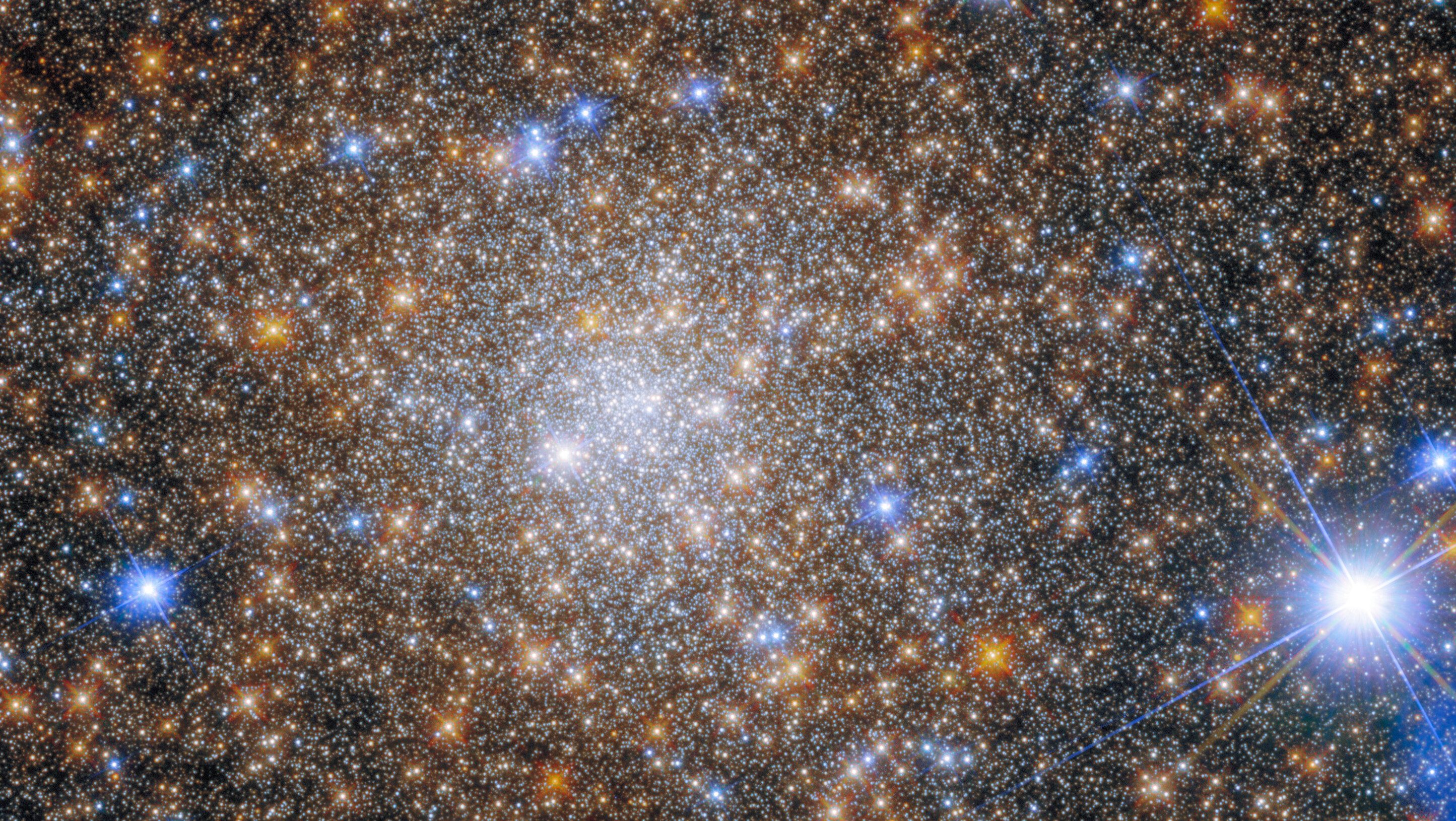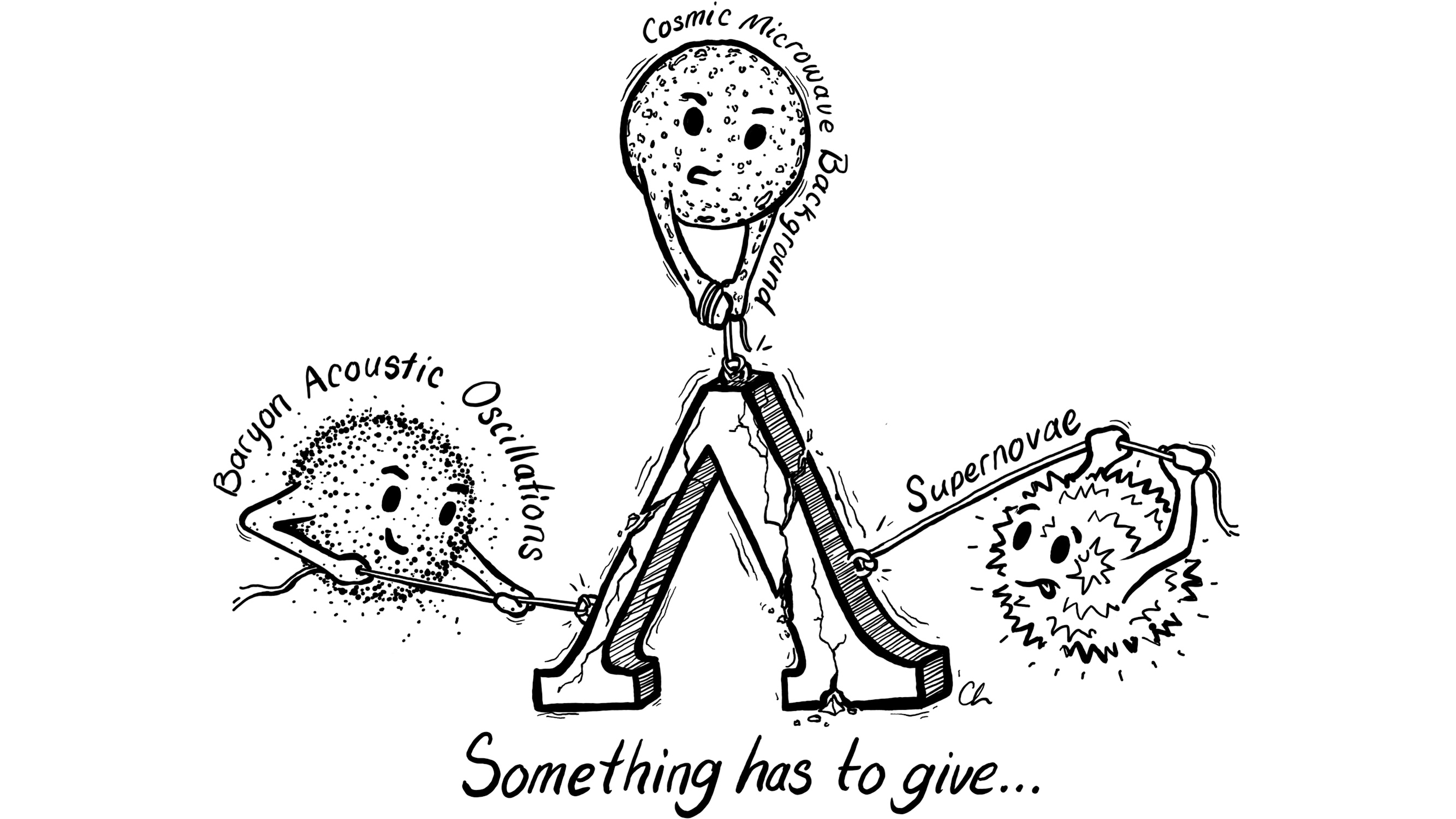It’s difficult to project a sphere onto a flat, two-dimensional surface. All maps of the Earth have flaws; the same is true for the cosmos.
All Articles
Most people think that writing fantasy or science-fiction requires a strong imagination. Podcast host Mike Duncan shows a knowledge of real-world history is just as important.
A look inside Mindstate Design Labs’ effort to design drugs that reliably produce specific states of mind.
Welcome to The Nightcrawler — a weekly newsletter from Eric Markowitz covering tech, innovation, and long-term thinking.
The Kalam cosmological argument asserts that everything that exists must have a cause, and the “first” cause must be God. Is that valid?
What can drugs teach us about consciousness?
Americans have gone through three historic junctures like what we’re witnessing today — and they happen on an uncanny 80-year cycle.
We understand many things about our Universe, and our home within it, extremely well. The number of stars in the Milky Way isn’t among them.
Common knowledge says the maximum size of a PDF is as big as 40% of Germany — but that’s a gross underestimate.
Honing your skills as a strategic thinker does more than solve problems as they appear; it can be a fast track to the top.
Bestselling author Seth Godin urges us to rethink our definition of longevity — and to step back and measure what matters.
Networking — not zombie-crunching your job applications — gives you a better chance of getting sourced or referred for a role.
The Multiverse isn’t just a staple of science fiction; there’s real-life science behind it, too. Here are 10 facts to expand your mind.
How the cult hit sci-fi show imagines a “techno-realist” future.
The first in a series of short stories by the Hugo- and Nebula-winning author that inspired the cult hit “Pantheon.”
Those who know who they are — and what they truly value — refuse to compromise their authentic direction to placate others.
Adam Bryant makes a key observation about rising to the challenges of leadership — and your change-resistant former self won’t like it.
Large, massive, rotating galaxies like the Milky Way are common today. So how could one form a mere ~2 billion years after the Big Bang?
Harmony and moderation make for a happier life.
Over a century after we first unlocked the secrets of the quantum universe, people find it more puzzling than ever. Can we make sense of it?
Our brains cling to the bad. This method could help balance the scales.
Science writer Matt Ridley joins us to discuss how “Darwin’s strangest idea” makes us all a bit feather-brained (in a good way).
Welcome to The Nightcrawler — a weekly newsletter from Eric Markowitz covering tech, innovation, and long-term thinking.
For centuries, even after we knew the Sun was a star like any other, we still didn’t know what it was made of. Cecilia Payne changed that.
How much can you know about someone from a single belief?
The latest from Peter Leyden’s “The Great Progression: 2025 to 2050”, an essay series published by Freethink.
DESI, by mapping galaxies, has claimed they see evidence for dark energy evolving by getting weaker. But that’s only one interpretation.
“It’s much more interesting to live not knowing than to have answers that might be wrong.”
We manipulate constantly — but few of us want to be called “manipulative.” Here, ex-Google executive Jenny Wood redefines an unfairly maligned trait.
In his book, “Birds, Sex and Beauty,” Matt Ridley explores why learning isn’t always nature versus nurture.
